10 Oscar Wins That Sparked Controversy

From sentimental favorites to safe mainstream picks, these controversies remind us that the race for Oscar glory can be a contentious affair.
1. "Shakespeare in Love" (1998)
(1).jpg)
The Academy Awards have seen their fair share of shocks and surprises, but the one that truly rattled Hollywood was when "Shakespeare in Love" beat "Saving Private Ryan" for Best Picture in 1999. Not only was Spielberg's war epic a critical and commercial success, but it was also thought of as an important historical piece. However, Harvey Weinstein's aggressive campaign for "Shakespeare in Love" secured the win, sparking outrage and debates about the ethics of Oscar campaigning.
The film had indeed charmed audiences and critics alike with its clever weaving of historical fiction and Shakespearean comedy. Still, many felt that the emotionally charged war drama deserved the top spot, given its immense impact.
2. "Crash" (2005)
(1).jpg)
"Crash" winning Best Picture in 2006 caused an uproar in Hollywood that's still remembered today. This racial tension-themed drama beat Ang Lee's groundbreaking "Brokeback Mountain," leading to much controversy. Both films are profoundly different, with "Crash" portraying an intricate web of racially charged encounters in Los Angeles, while "Brokeback Mountain" sensitively handled a love story between two cowboys.
Despite "Crash" performing reasonably well at the box office and having a star-studded cast, its win was seen as a safe choice by the Academy, overshadowing Lee's daring, culturally significant narrative.
3. "How Green Was My Valley" (1941)
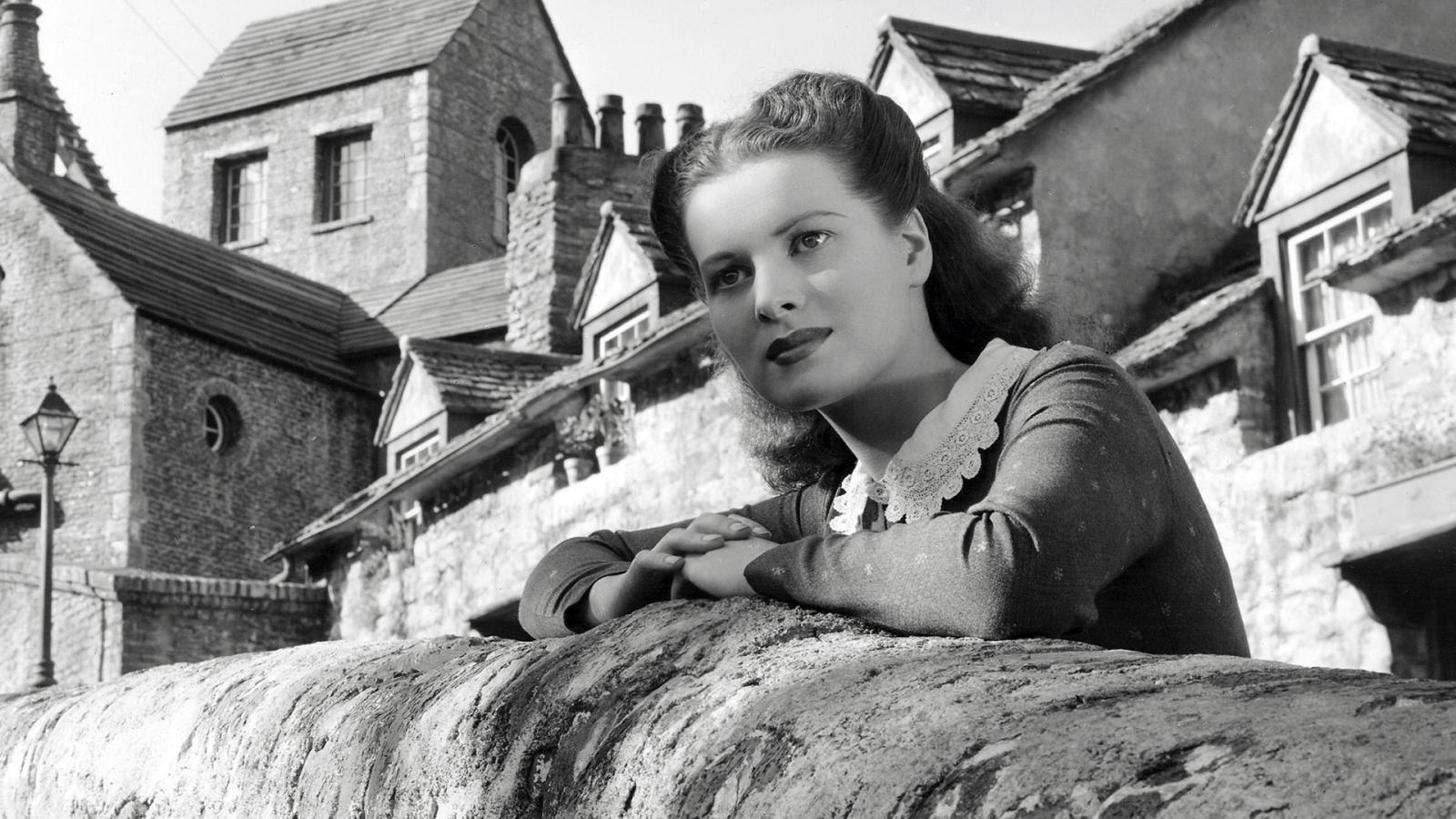
All the way back in 1942, "How Green Was My Valley" bagged the Best Picture award, beating Orson Welles' revolutionary "Citizen Kane." The family saga set in a Welsh coal mining town was undoubtedly an emotional journey, but paled in comparison to the innovative filmmaking techniques and narrative structure of "Citizen Kane." This upset has been the fodder of numerous Oscar debates over the years, with some citing it as proof of the Academy's tendency to reward sentimentality over innovation.
4. "The Greatest Show on Earth" (1952)
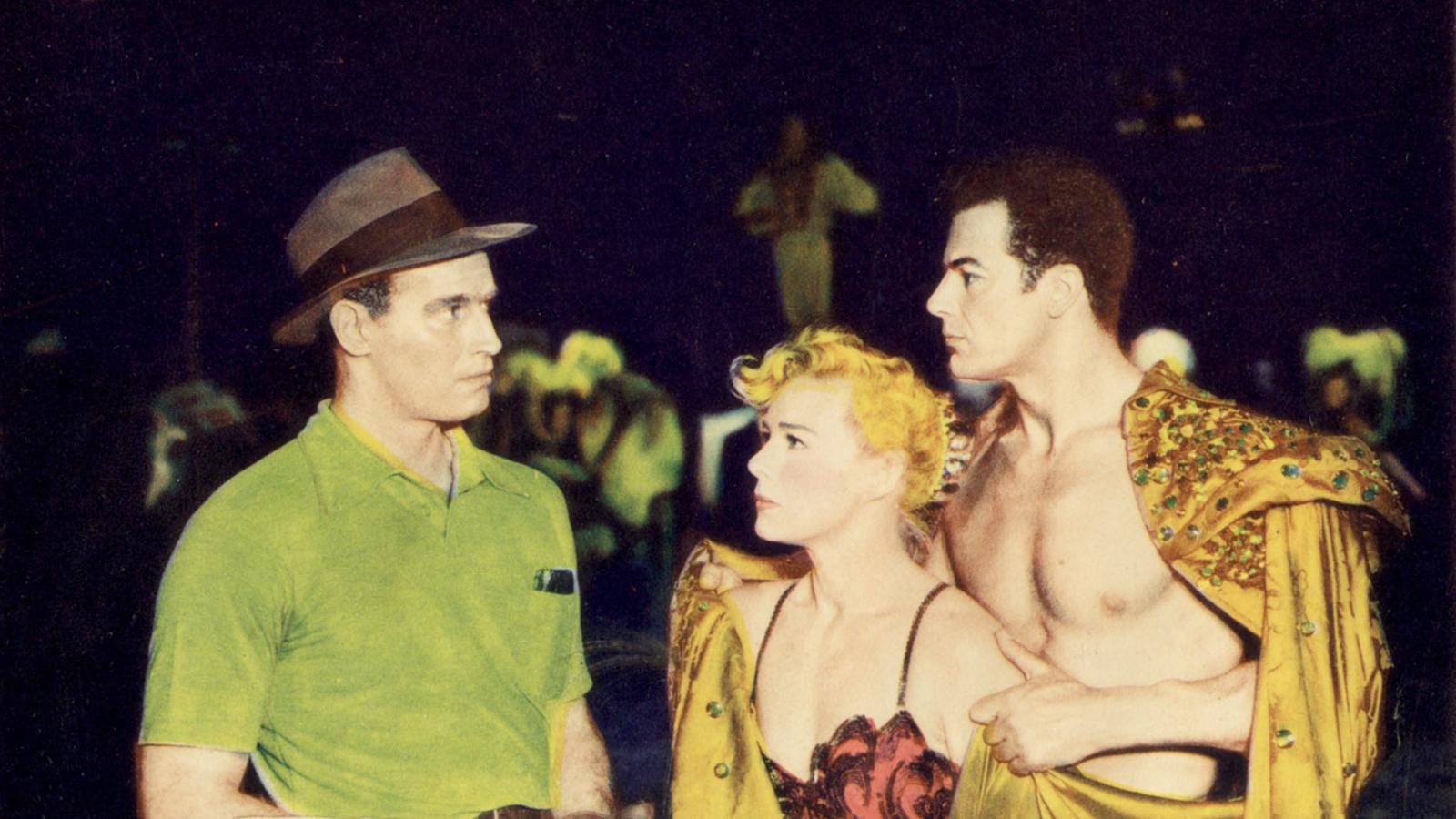
The circus-themed film, "The Greatest Show on Earth," won the Best Picture Oscar in 1953, beating heavy contenders like "High Noon" and "The Quiet Man." The film, directed by Cecil B. DeMille, was a visual spectacle, but many argued that it lacked the depth and storytelling prowess of its competitors. This win sparked debates about the value of spectacle over substance, and till today, it is often listed among the least deserving Best Picture winners.
5. "The King's Speech" (2010)
.jpg)
In 2011, "The King's Speech" was crowned Best Picture, causing a significant stir as it beat the widely admired social network saga, "The Social Network." The former was a period drama detailing King George VI's struggles with his stutter, while the latter was a modern, sharp, and socially relevant exploration of Facebook's origins. Many believed "The Social Network" deserved the win for its innovation and relevance, sparking debates about the Academy's predilection for historical dramas.
6. "Ordinary People" (1980)
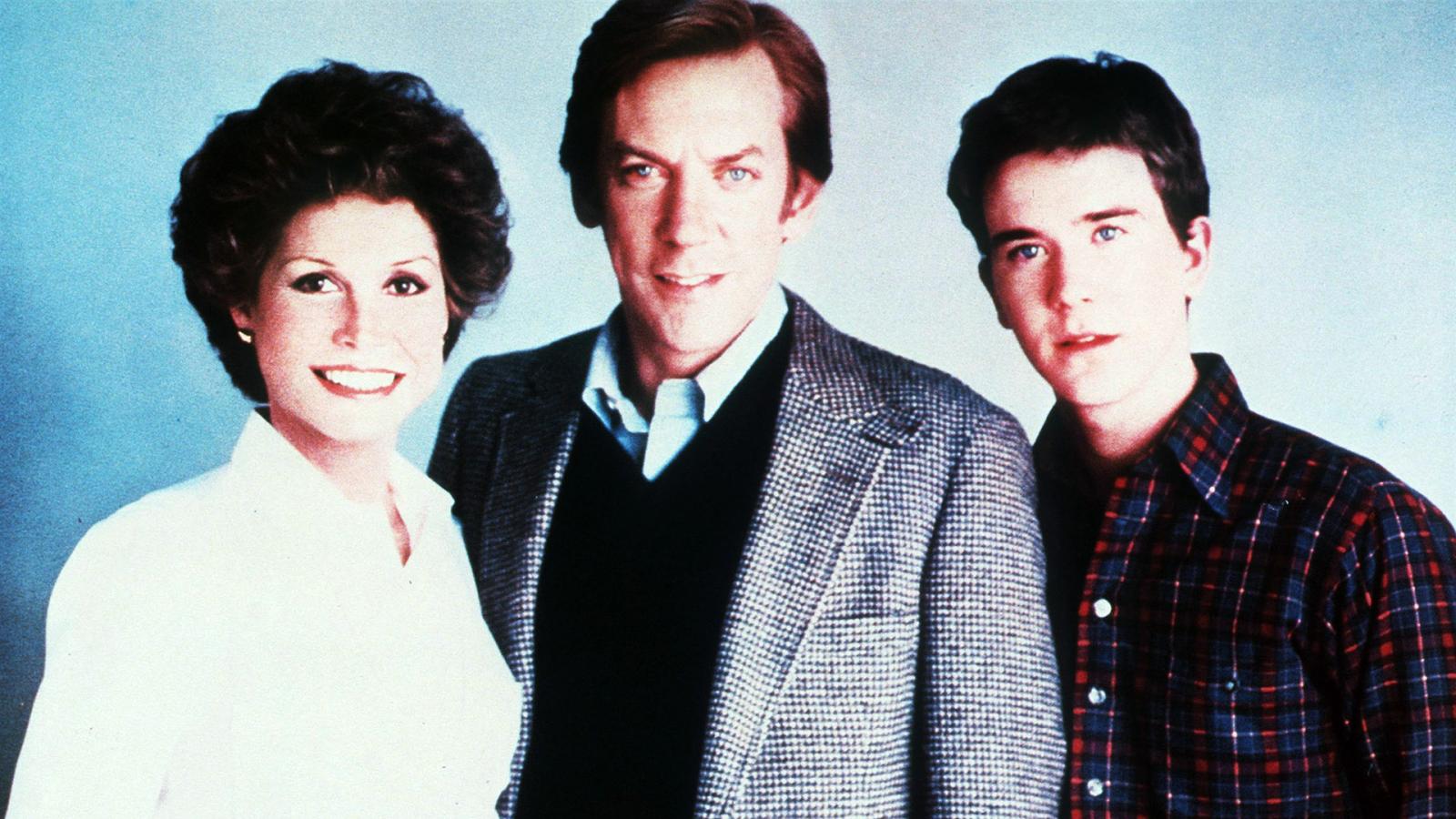
In 1981, "Ordinary People," a family drama directed by Robert Redford, snagged the Best Picture award over Martin Scorsese's "Raging Bull." The former was a poignant exploration of a family's emotional disintegration following a tragedy, while "Raging Bull" was a raw and riveting biographical film about boxer Jake LaMotta. Many felt "Raging Bull," with its intense performances and innovative filmmaking, was robbed of its rightful win, marking this as a notorious Oscar upset.
7. "Dances with Wolves" (1990)
.jpg)
In 1991, "Dances with Wolves," directed by and starring Kevin Costner, galloped away with seven Academy Awards, including Best Picture. The film beat Martin Scorsese's "Goodfellas," which many consider to be one of the greatest films ever made.
Although "Dances with Wolves" was praised for its cinematography and for bringing attention to Native American culture, many felt it was a simplistic and romanticized portrayal. The controversy was heightened by yet another Scorsese's snub, adding fuel to the ongoing debate about the Academy's affinity for safe, mainstream choices.
8. "Driving Miss Daisy" (1989)
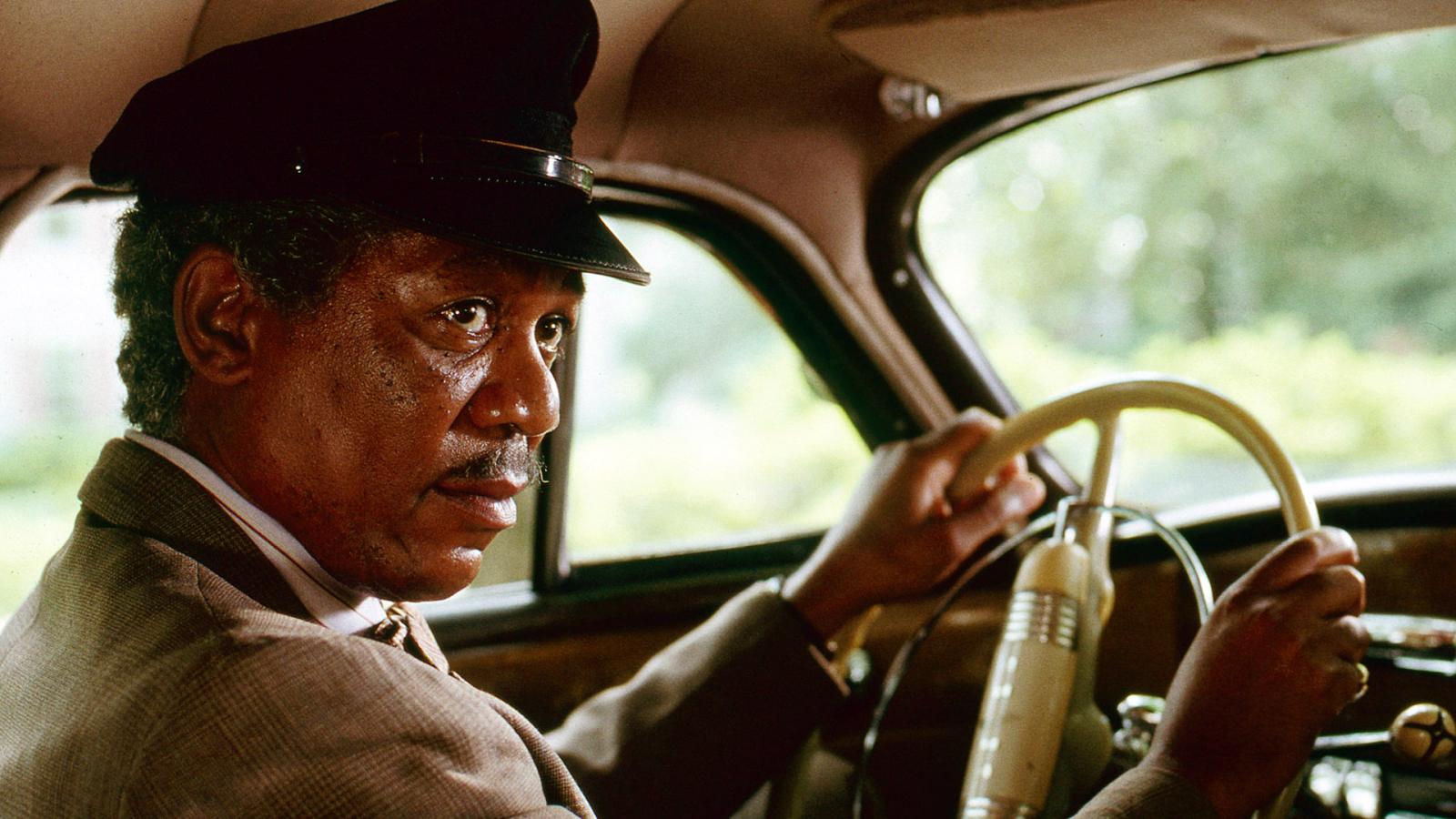
"Driving Miss Daisy" won the Best Picture award in 1990, which sparked a lot of controversy as it beat Spike Lee's seminal work, "Do the Right Thing." While the former is a heartfelt drama about an unlikely friendship, it was criticized for its simplistic treatment of racial themes, especially when compared to the hard-hitting, provocative "Do the Right Thing." The controversy extended beyond the Oscars, igniting debates about the representation and treatment of racial issues in Hollywood.
9. "Forrest Gump" (1994)
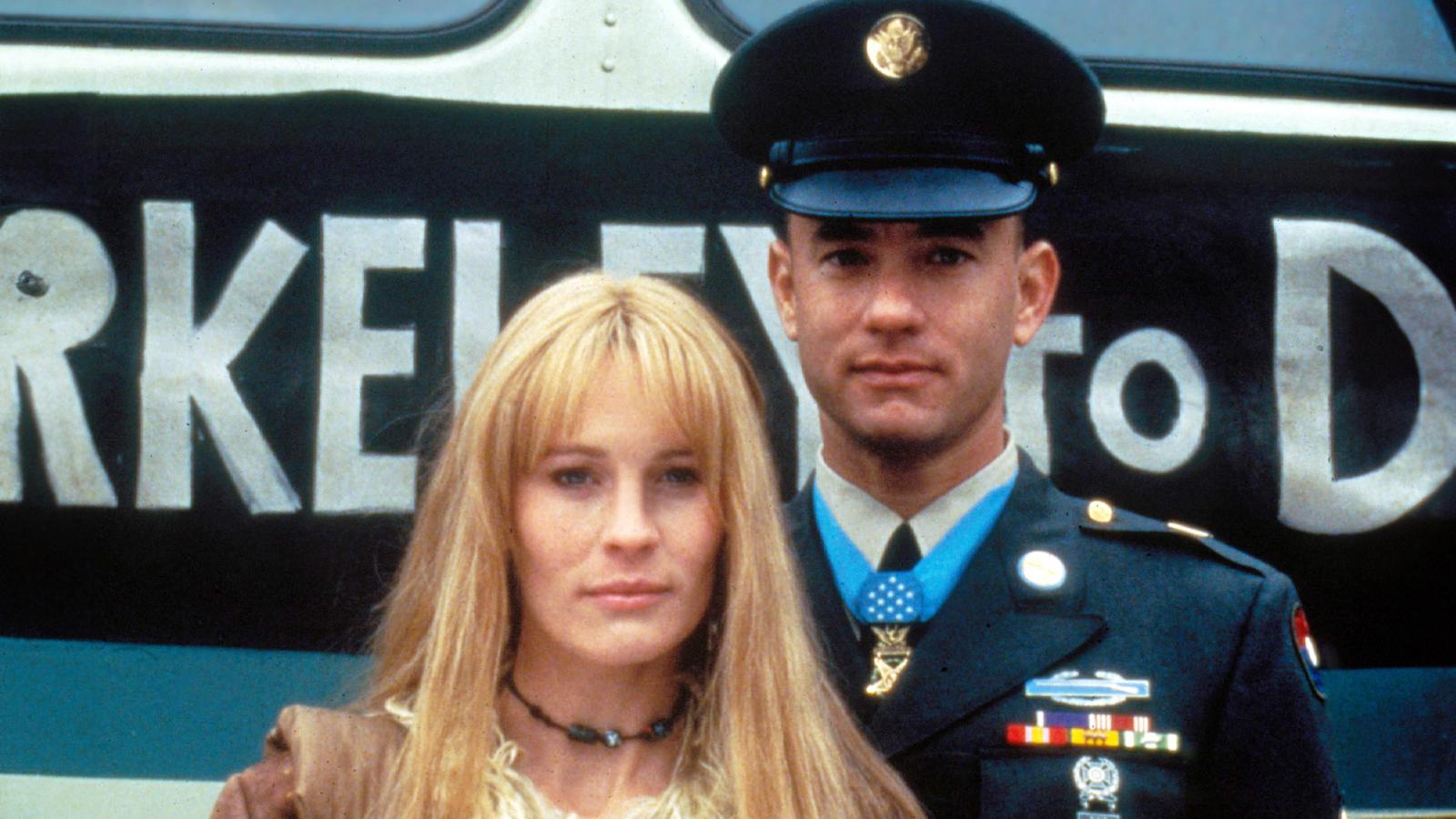
"Forrest Gump" is a beloved classic, but its victory over "Pulp Fiction" and "The Shawshank Redemption" at the 1995 Oscars remains controversial. The Tom Hanks-led film was a heartwarming tale of an intellectually disabled man navigating significant historical events, while Quentin Tarantino's "Pulp Fiction" was a groundbreaking masterpiece of nonlinear storytelling, and "The Shawshank Redemption" a deeply moving prison drama. Critics argued that the Academy opted for the safer, more sentimental choice, sidelining edgier, arguably more impactful cinema.
10. "Green Book" (2018)
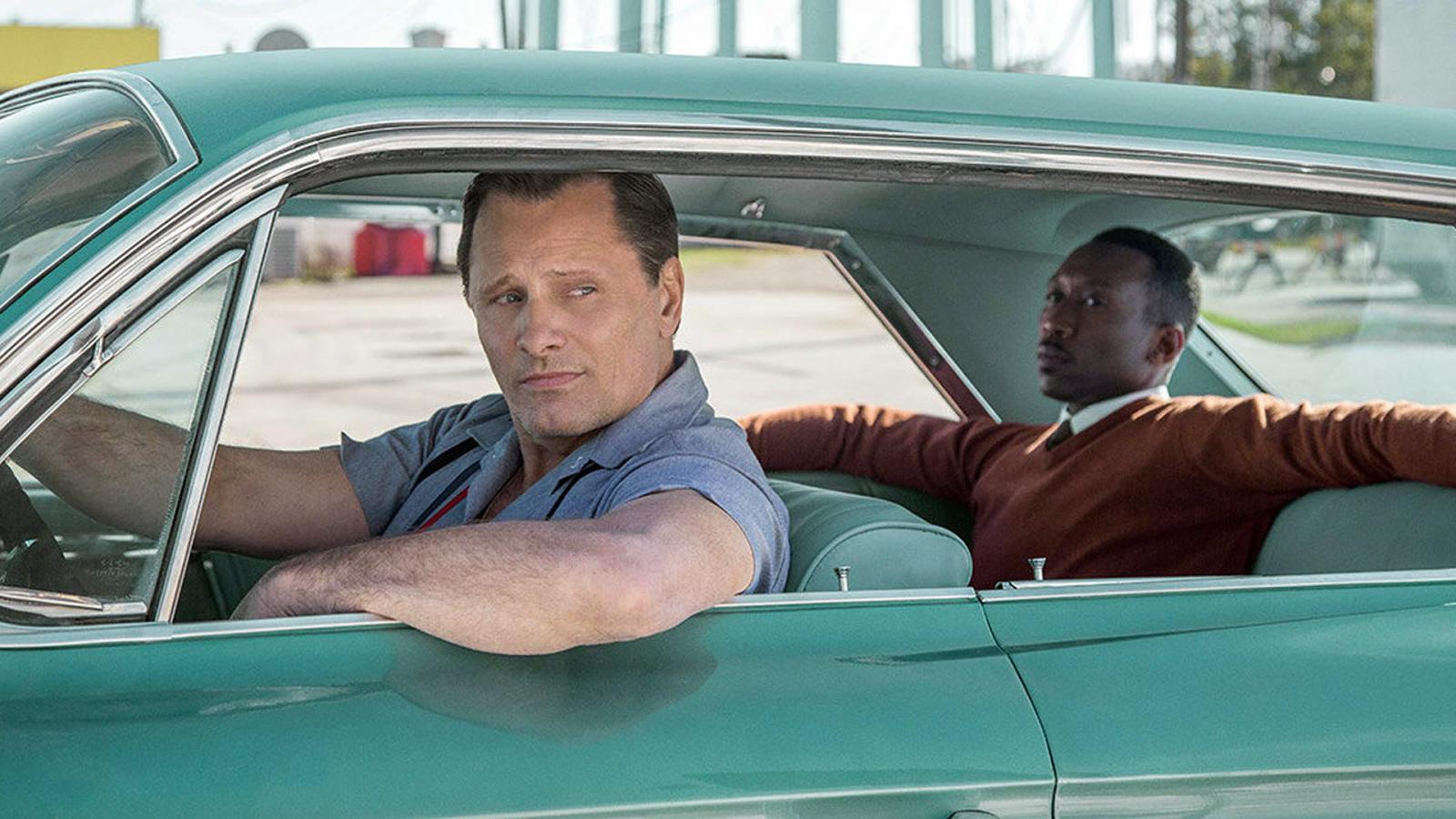
2019's Best Picture winner, "Green Book," caused a real stir in Hollywood. The movie tells the story of a white driver, Tony Lip (Viggo Mortensen), and his black client, pianist Dr. Don Shirley (Mahershala Ali), during a tour of the segregated south.
While the film was successful at the box office and appreciated by audiences for its feel-good approach, it was criticized for simplifying complex racial issues and indulging in a 'white savior' narrative. Furthermore, the Shirley family openly disapproved of the film's depiction of Don Shirley, adding to the controversy.